- Mumbai Central & Mira Road
- +(91) 98333 44 333
- sales@globalteckz.com
Types of Odoo Licenses and Mistakes to Avoid While Buying
- Home
- Types of Odoo Licenses and Mistakes to Avoid While Buying

Globalteckz is one of the leading Odoo integrators and ERP service providers in India, offering expert solutions in Odoo, ERPNext, and business automation for startups and enterprises. With a skilled team, we deliver customized ERP implementation, integration, and support services to streamline operations and drive digital transformation across India, UAE, USA, Canada, and the UK.
Let’s Meet Together
Mumbai Central Location: Office No. 43, Ali Mansion, Near Post Office, Belasis Road, Mumbai Central East, Mumbai– 400008.
Mira Road Location: Unit 002, Building A7, Sector 5, Mira Road (East), Thane, Mumbai – 401107.
Call/WhatsApp:
+(91) 9833344333
+(91) 9773530597
Email: sales@globalteckz.com
Teams/Skype
kadriazhar | abraar.patel
Copyright © 2025 | Globalteckz - (India & USA). All rights reserved. | Terms and Conditions





Types of Odoo Licenses and Mistakes to Avoid While Buying
Odoo, one of the leading ERP solutions, offers two editions: Enterprise (License) and Community (a free, open-source version). While the Community Edition requires no licensing fees, the Enterprise Edition comes with three deployment options: Online, .sh, and On-Premise.
Among these, Odoo Online is the most cost-effective, making it an attractive choice for many businesses. However, selecting the right version isn’t just about cost—it depends on several key factors, including the level of customization needed, development flexibility, number of users, and server management requirements. Choosing the wrong version without considering these aspects can lead to limitations in functionality and scalability.
Odoo offers two main editions, each catering to different business needs:
Odoo Enterprise Hosting Options
The Enterprise edition is further categorized based on hosting and deployment:
Cost Breakdown of Odoo Licenses
1. Odoo Online (SaaS)
2. Odoo.sh (PaaS)
3. On-Premise Implementation
Comparing Hosting Options: Online vs. .sh vs. On-Premise
Odoo Online (SaaS):
Odoo.sh (PaaS):
On-Premise:
Why Odoo.sh is Costlier Compared to Online?
Odoo.sh provides greater flexibility but comes at a higher cost due to:
Odoo Online, being a standardized and limited cloud service, is more affordable but lacks the flexibility needed for complex implementations.
Hidden Costs in On-Premise Implementation
Opting for On-Premise means businesses will incur several additional costs:
Current Pricing for Amazon EC2 and DigitalOcean (As of February 2025)
Amazon EC2:
DigitalOcean:
Limitations of Studio Module
Which Odoo License Should You Choose?
By understanding these licensing options and potential pitfalls, businesses can make informed decisions when selecting the best Odoo deployment strategy.
Mistakes to Aviod while Buying Odoo License
About Globalteckz
Globalteckz is a leading Odoo ERP implementation partner, providing customized business solutions globally. With expertise in Odoo, ERPnext, Magento, and eCommerce development, we serve clients in India, the USA, Canada, the UK, UAE, and beyond. Our solutions streamline operations, enhance productivity, and drive digital transformation for businesses of all sizes. If you need free consultation before buying licenses – Feel free to email us on sales@globalteckz.com